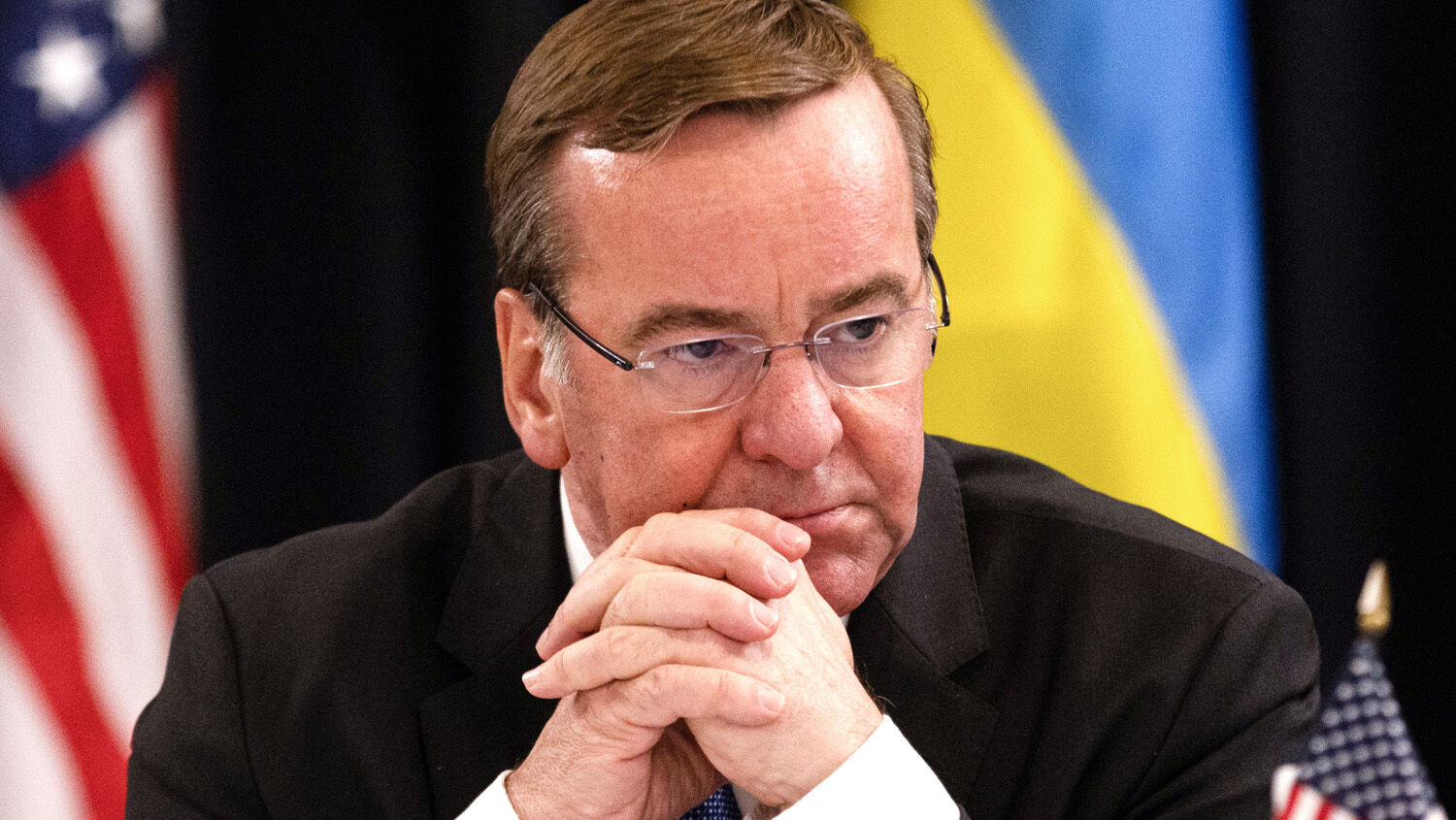
Germany Sides With Russia, but Why?
Last Friday, Western leaders gathered in Germany to show solidarity with Ukraine. But the representatives of the North Atlantic Treaty Organization showed division instead of unity—chiefly because of Germany. Poland and Finland want to send their German Leopard 2 tanks to Ukraine, pressuring Germany to allow the export and to send some of its own. But Germany continues to hesitate, infuriating the United States and causing Russia to cheer. Once again, Germany has sided with Russia against the West—but why?
Why shouldn’t Poland be allowed to pass on its tanks to Ukraine? The legal problem is that Germany sold these tanks on condition that it would have a say in such exports. Officially, the German government claims it wants Ukraine to win the war. But for Ukraine to have the slightest hope for such an outcome, it needs such tanks—yet Germany continues to delay sending aid. Why would Germany be against these exports?
Some in the German government have promised not to block the delivery of Leopard 2 tanks to Ukraine. But the man with the final say, Germany’s chancellor, is silent. Chancellor Olaf Scholz’s lack of action is causing everyone to wonder why Germany is risking both the unity of the West and Ukraine’s conquest. At one point, Germany tried to blame its hesitancy on the United States since Washington hasn’t sent Abrams battle tanks—but these require far more training to operate than Leopards. The U.S. is Ukraine’s biggest military supplier, and it was anything but happy about Germany’s blame-shifting attempt.
EuroIntelligence suspects that German companies, such as the chemical giant basf, are pressuring Scholz by demanding cheap Russian gas and oil. The impression is that Germany’s hesitancy is meant to be a signal of seeking to revive relations as soon as possible. Alexander Sosnowski, one of Russia’s chief propagandist on state tv, wrote on Telegram that Russia welcomes Germany’s attempt to revive relations. Germany’s Bild wrote: “Russians Celebrate Scholz for Tank Blockade.”
Russia has signaled that it intends to conquer Ukraine, no matter the cost. The earlier Ukraine surrenders, the better for Russia.
But why is Germany willing to cooperate with Russia? Cheap gas and Germany’s economic prosperity are only part of the answer.
Former Defense Minister Karl-Theodor zu Guttenberg once gave insight into what else goes into the negotiations with Russian President Vladimir Putin. In a 2017 interview with Fox Business, he said Germany tries to avoid “a deal” with Russia in which Putin gets both “Syria and Ukraine in one basket.”
Russia is heavily involved in the Balkans and in Syria—two regions that are very critical for Germany’s geopolitical goals. Ukraine is less significant to Germany. Could it be that the two struck deal, giving Russia Ukraine and leaving Syria and the Balkans to Germany?
Trumpet editor in chief Gerald Flurry wrote in 2008: “I believe that Germany’s leaders may have already agreed to a deal with Russia, a modern Hitler-Stalin pact where Germany and Russia divide countries and assets between themselves. This agreement would allow each to turn its sights on other targets. Any such deal that may have been struck between Germany and Russia is a precursor to war!” (“Germany’s Secret Deal With Russia—Exposed”).
This is why Germany is helping Russia. Yes, economic reasons are a big factor, but there are also geopolitical goals—and these goals go beyond divvying up Europe. They are “a precursor to war.” The Bible reveals that Germany’s goal is nothing less than seeking to overthrow the United States. This task would be impossible without the help of Russia.
